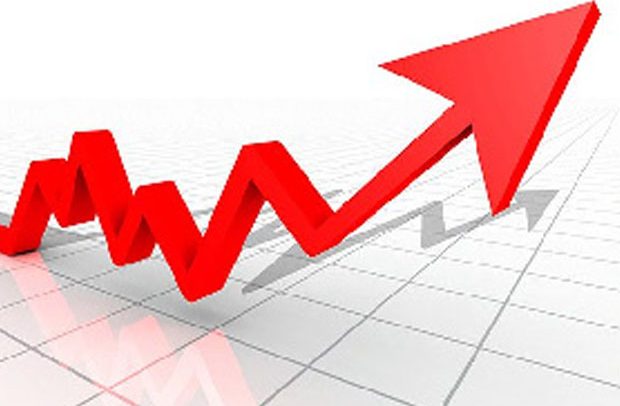THREE COUNTRIES namely Ghana, Morocco and Kenya are being touted as the fastest-growing major economies in Africa in 2021, according to GlobalData, a leading data and analytics company.
Having witnessed its worst recession in half a century in 2020, Africa’s economy is forecast to grow at a healthy pace of 3.8% in 2021 driven by rising global demand as restrictions are eased, untapped market opportunities, a rebound in commodity prices and a rise in oil prices.
GlobalData noted that the fastest-growing economies in the region will be Morocco, Kenya, Ghana, Egypt and South Africa, which are all forecast to register above 4% real GDP growth in 2021.
Gargi Rao, Economic Research Analyst at GlobalData, said, “Morocco has been moving ahead in leaps and bounds in recent years, having provided the world with produce following promising agricultural seasons. The country’s expected growth of 5.19% was also influenced by its effective vaccination drive, accommodative monetary policies and fiscal stimuli.”
Rao continued that “Strong banking fundamentals and a rise in external demand for commodities is expected to help recovery in South Africa, which is predicted to see 4.09% growth. However, this has been hampered by recent protests in the country. Private consumption growth is to remain the major driver of economic growth in Egypt.”
Africa’s largest economy by GDP, Nigeria, is also forecasted to exit recession, but growth will be at a slower pace than other sub-Saharan African nations at 2.3%.
Heightened insecurity, rising food inflation, rising debt service payments and stalled reforms are major roadblocks to Nigeria’s recovery process.
“Significant currency depreciations have occurred in many African countries due to a fall in external financial flows, portfolio investments and a rise in public debt. This may cast a shadow on recovery. However, governments’ focus on counter-cyclical easy monetary policies and fiscal stimulus packages will aid African region’s economic recovery in 2021,” he said.
In addition to government support, Africa is attracting global investors due to its vast resource base and untapped market options. Recently the UK pledged to invest $4.5 billion in Africa by 2022, which is expected to create jobs and accelerate economic activities.
FDI inflows declined by 20% in the African region in 2020 due to subdued commodity prices and pessimistic investor sentiment amid the COVID-19 pandemic. However, untapped markets and structural transformation are likely to speed up the momentum in FDI flows in the coming years. With an increase in energy demand anticipated, resource-seeking investments may increase in the second half of 2021.
Rao concludes: “The need of the hour is to continue support to health sectors to cope with the resurgence of COVID-19 cases along with sustained fiscal and monetary support. To avoid reversing the progress made on poverty reduction, governments need to expand their social safety nets and make growth inclusive and more equitable. To achieve a faster economic recovery in the second half, Africa’s policy makers need to accelerate structural transformation through digitalisation, industrialisation and diversification.”


